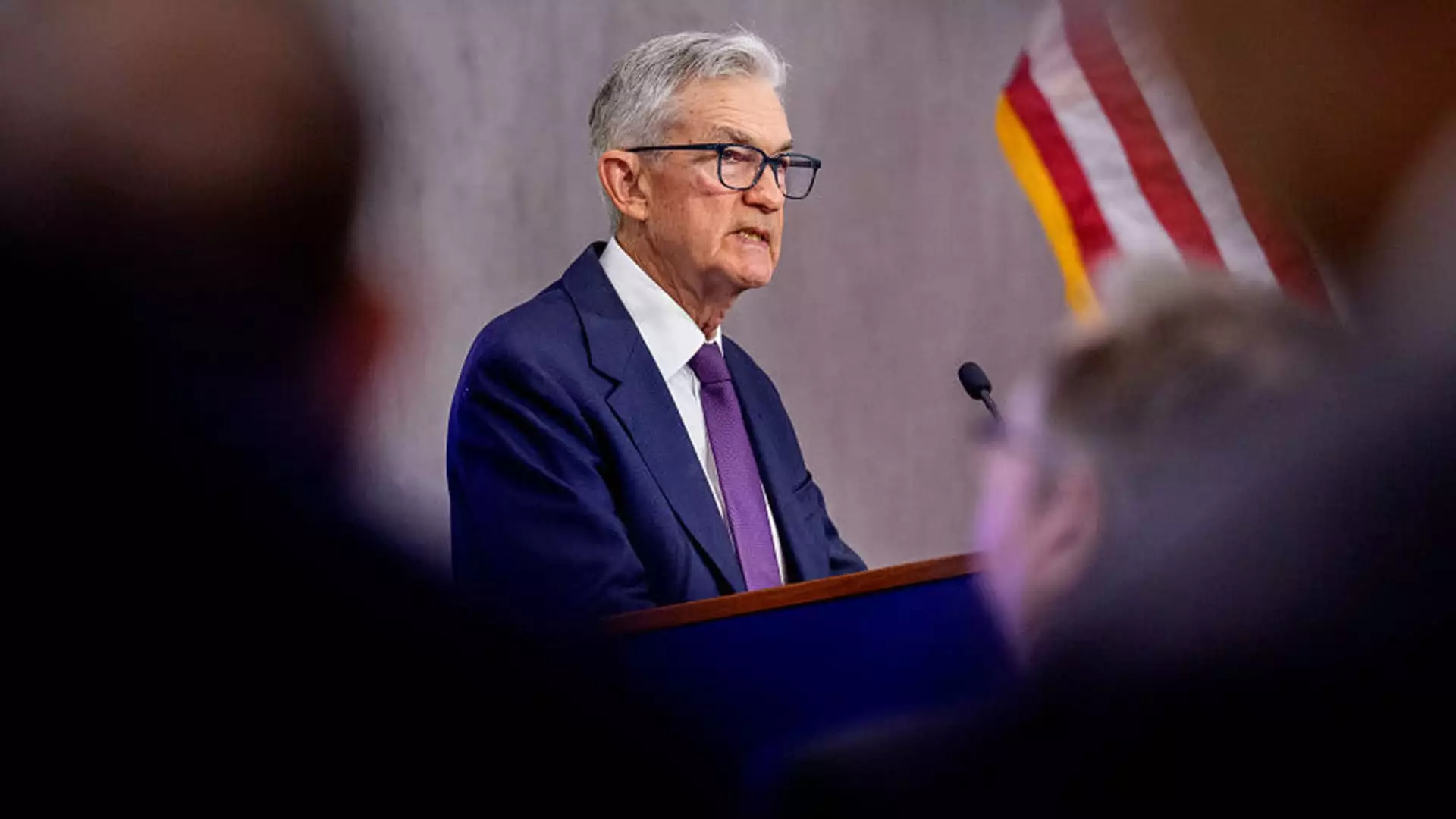In a poignant expression of discontent, President Donald Trump took to social media to vent his ire at Federal Reserve Chairman Jerome Powell following the dismal private sector job growth numbers released by ADP. The staggering drop in jobs, which saw only 37,000 added in May, contrasted sharply with expectations and left many pondering the state of the economy. Trump’s choice of words — “Too Late” Powell — reflects not only a growing impatience but also a need for quick solutions in a landscape littered with economic uncertainty. The dynamics here are not simply about numbers; they symbolize a deeper malaise in the economic narrative that Trump has tried to frame as one of rapid recovery.
Economic Discrepancies
The disarray in job growth figures underscores a fundamental inconsistency in economic reporting that has long plagued policymakers. While the ADP report, often deemed less reliable than the Bureau of Labor Statistics (BLS) figures, serves one narrative, the BLS report can contradict this with more significant swings. As economists anticipate a potential gain of 125,000 jobs in the upcoming BLS report, one cannot help but feel that these disparate figures are reflective of a broader struggle within economic measurement — and economic confidence. The disconnect raises questions about the credibility of economic indicators, especially when they are wielded as political tools rather than purely objective assessments.
Interventions and Economic Philosophy
Trump’s palpable frustration can be interpreted as a sign of desperation, yet it also speaks volumes about a greater ideological clash in economic philosophy. His call for rate cuts, which he believes will stimulate growth and reduce economic disadvantages compared to other countries, begs a critical examination of the relationship between politics and the economy. Powell’s insistence on letting data and not whims dictate monetary policy represents a pursuit of economic prudence. This is a clash not just of personalities but of philosophies — one advocating for immediate gains and the other for sustained, albeit slower, growth anchored in data.
A Global Perspective
While Trump lashes out at Powell, it’s vital to contextualize these discussions within a global arena. The European Central Bank (ECB) has taken a more aggressive stance, cutting rates multiple times, and it seems to be working in an environment of cooling inflation and slow growth. For Trump, highlighting this divergence — that Europe is responding decisively while the U.S. holds the line — paints a picture of economic inadequacy. However, what this perspective overlooks is the nuanced reality that aggressive monetary policy can lead to inflated bubbles and crisis, as seen in previous economic downturns. The prescription for quick fixes must be balanced against the long-term health of the economy.
Political Drama and Personal Grievance
The underlying tension between Trump and Powell is more than policy disagreement; it is a drama of political theater where the stakes are heightened by personal stakes. Trump has previously hinted at the possibility of firing Powell, though he later walked back those threats. This volatility speaks to Trump’s need for control and a reflection of his instinct to reshape narratives to suit his agenda. Brandishing names like “Too Late” might resonate with his base, but it also risks undermining the credibility of the Federal Reserve — a body that must, by design, remain apolitical for its efficacy.
The Road Ahead
As the battle plays out, what remains is a mixed bag of economic indicators and the urgent need for coherent policies that balance growth with stability. Trump’s specific request for rate cuts, borne out of frustration amidst the fluctuating economy, illustrates an impatient push towards rapidly harnessing growth. Meanwhile, Powell’s responsible engagement with macroeconomic data points casts a much-needed light on the imperative of responsible governance. The tug-of-war encapsulates the ongoing struggle between immediate political gain and the long-term sustainability of economic health, where each side must tread carefully lest the political theater turns into a self-inflicted economic wound.


Leave a Reply